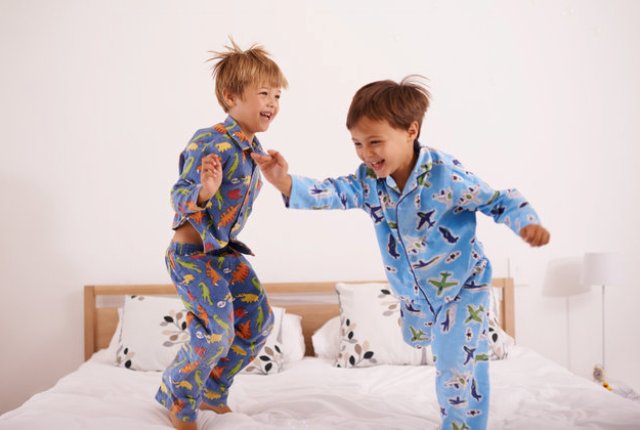Incontinence supplies tend to work best when used for kids who are at least 5 to 7. Around this age, children are more likely to have the advancement and maturity to be able to react to the alarm, go to the bathroom and return to bed.
They also stand a better chance of being conditioned by the alarm. It is helpful, too, if the kid is motivated to stay dry in the evening and already has some dry nights blended in with the damp ones.
A lot of children are able to stay dry all night after the age of 5. Nevertheless, according to the National Institutes of Health, about 15 percent of all 5-year-olds, 5 percent of 10-year-olds and 1 percent of 18-year olds continue to have episodes of nighttime wetting
Bed-wetting is two times as typical in young boys as in women and tends to run in families.
In many cases, there is no medical or psychological problem triggering the bed-wetting. Nevertheless, it is a good concept to talk to your child's pediatrician to be sure.
It is believed that kids who continue moistening the bed after age 5 may be such sound sleepers that they don't see the desire to urinate, might make more urine at night than other children or might have a bladder that does not hold as much urine as one may expect for that age.
Bed-wetting generally resolves itself as children age, even with no type of intervention.
The theory behind using an alarm, which spots wetness in the kid's clothes or bed linen and triggers a sound, light or vibration, is that it trains kids eventually to awaken to use the bathroom prior to the alarm even goes off. Alarms are successful in stopping bed-wetting about 2/3 of the time and typically take a few weeks or months to work.
For a short-lived remedy, such as if a kid would like to go to a pajama party or over night camp, non reusable nighttime pants for older kids might be useful. If needed, you can put one inside a kid's sleeping bag for discreet changing at bedtime.
Click here for more : How to Stop Bedwetting,Bedwetting solutions,Bedwetting store

Post a Comment